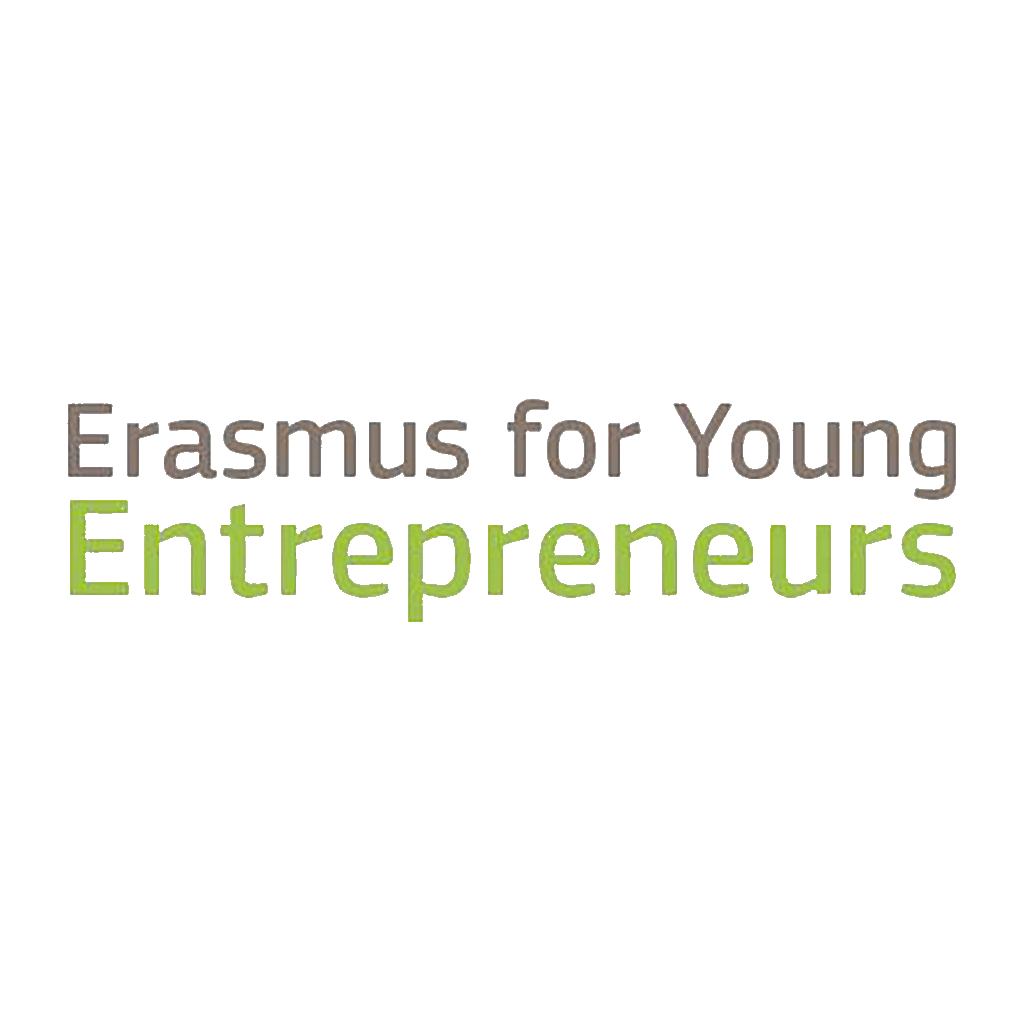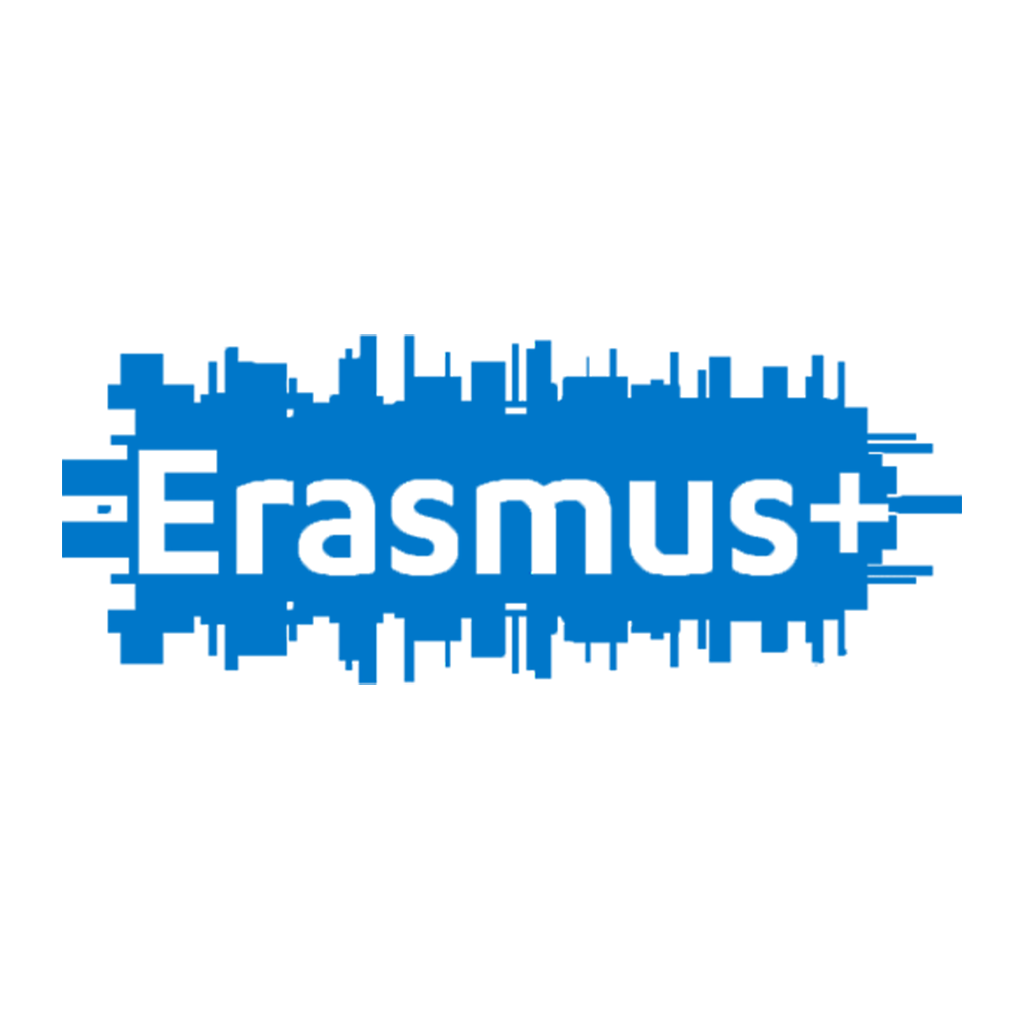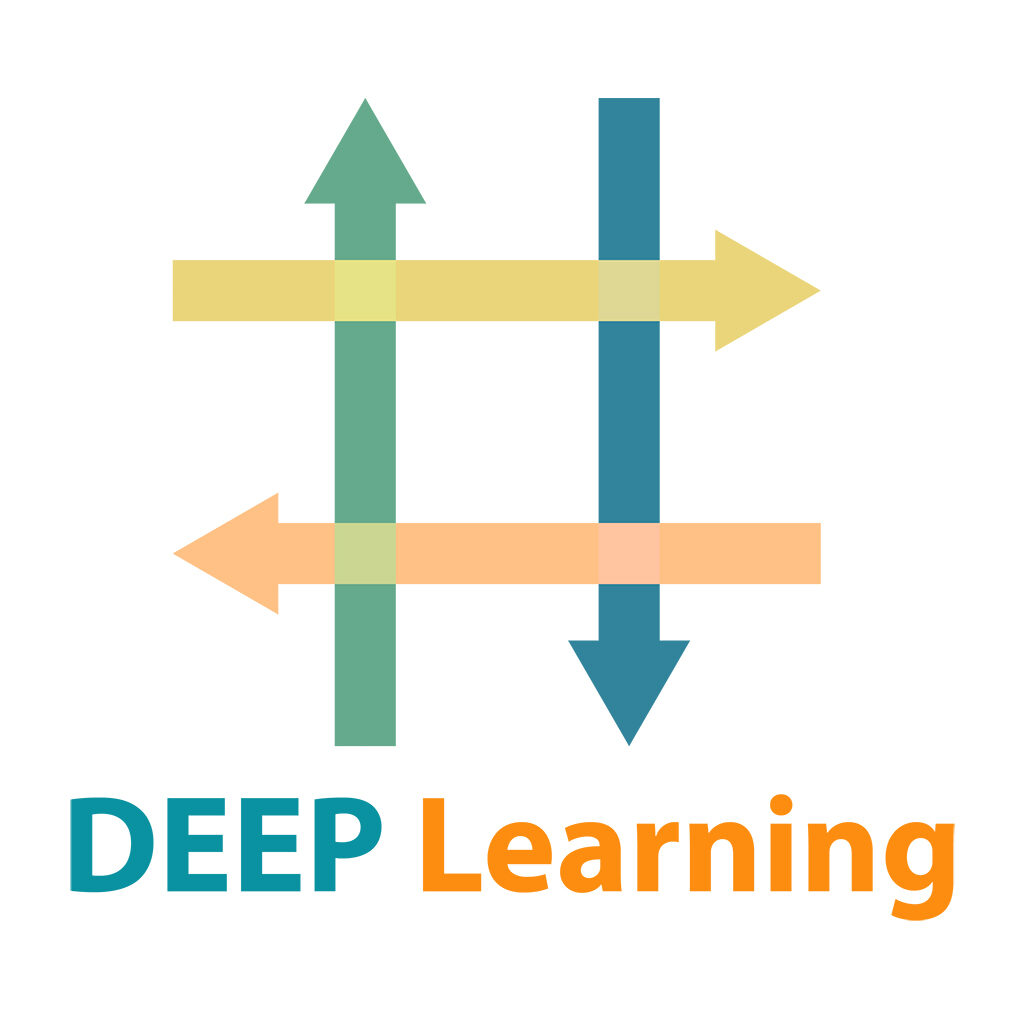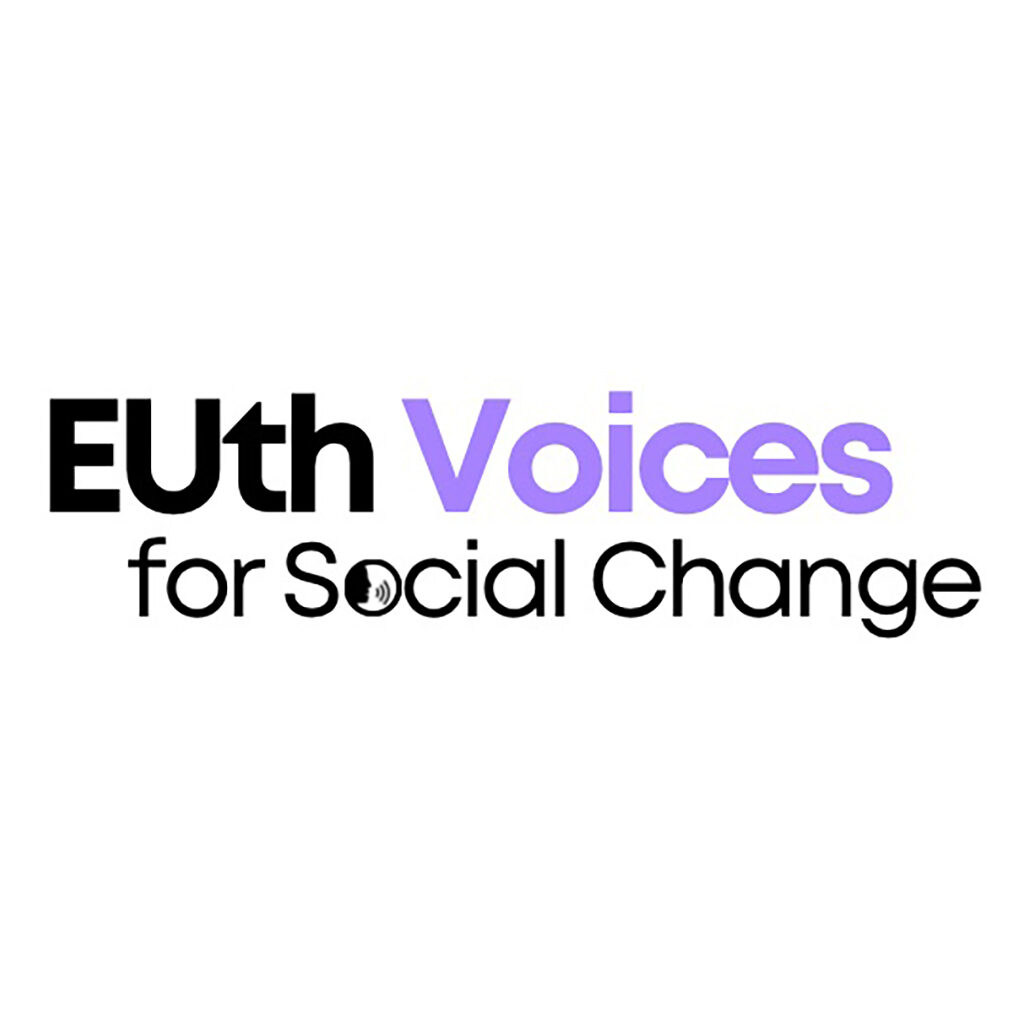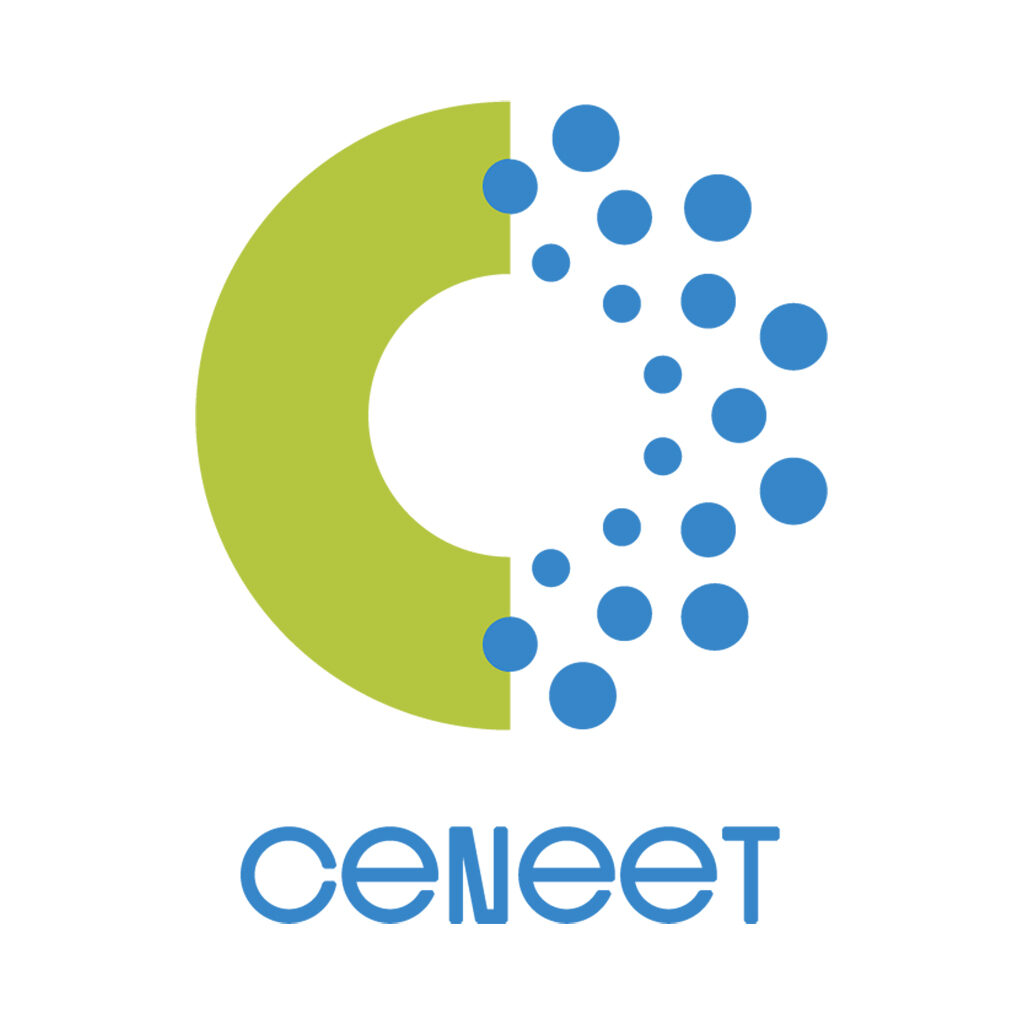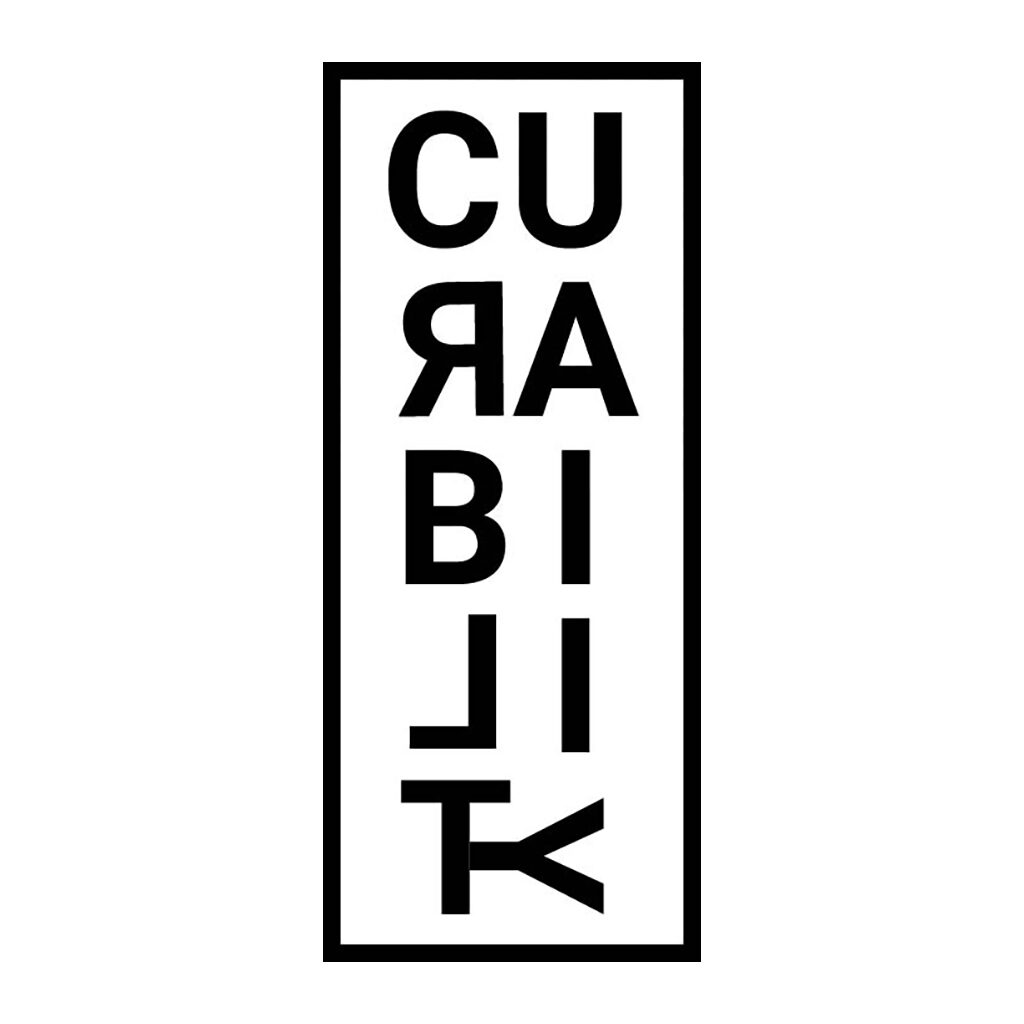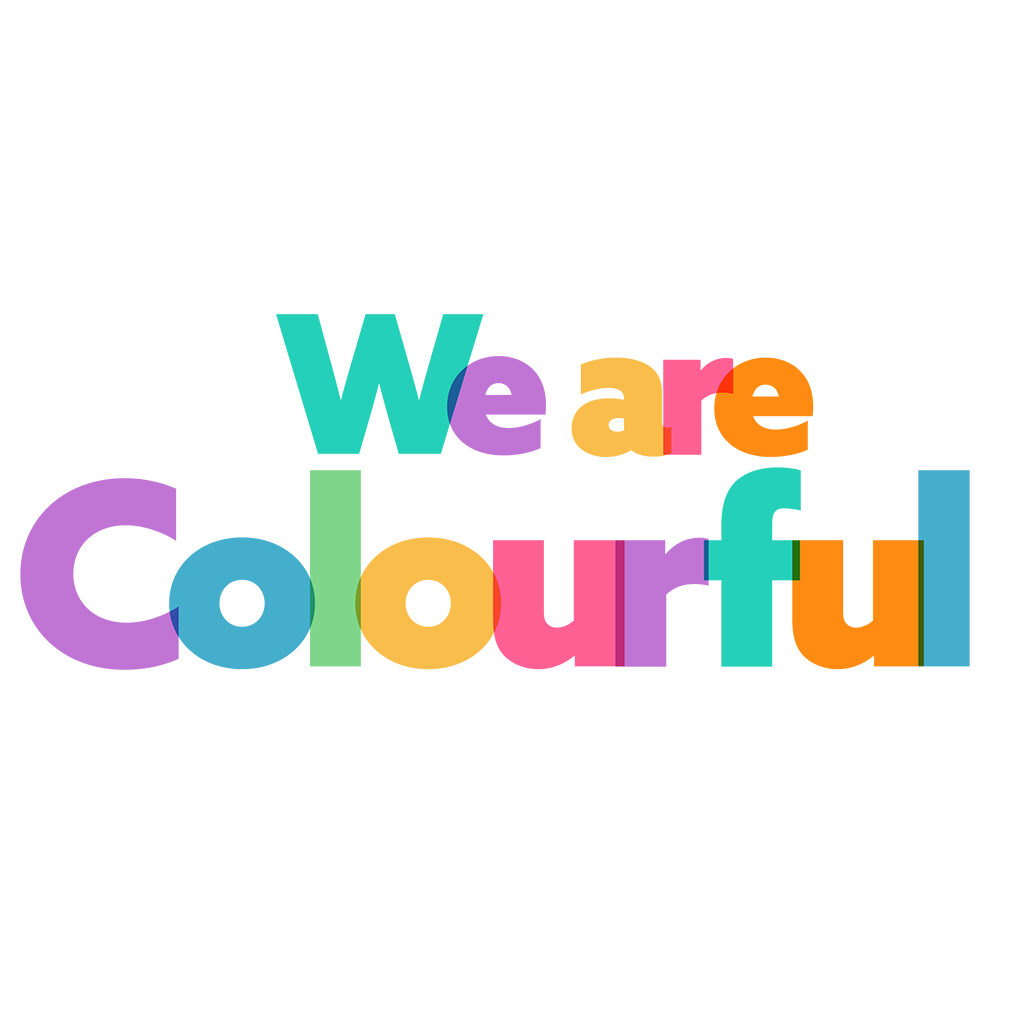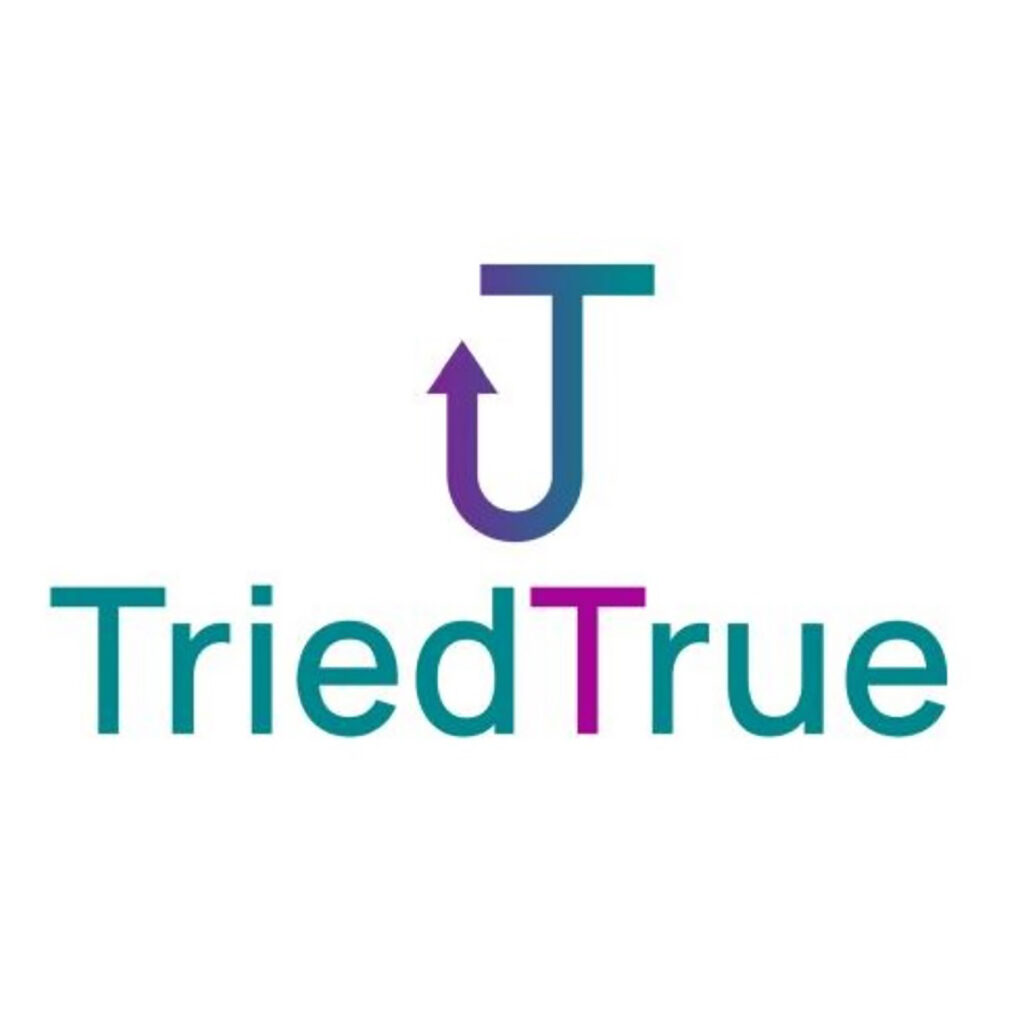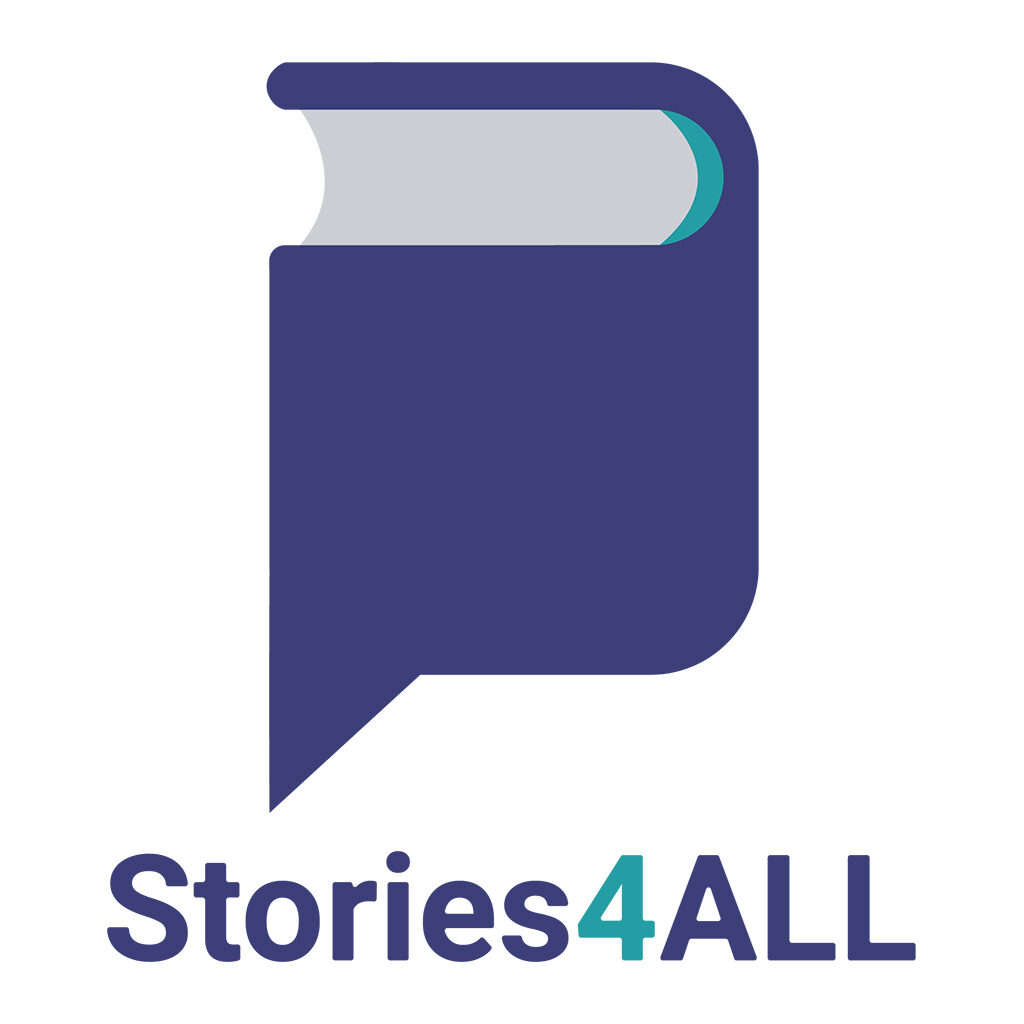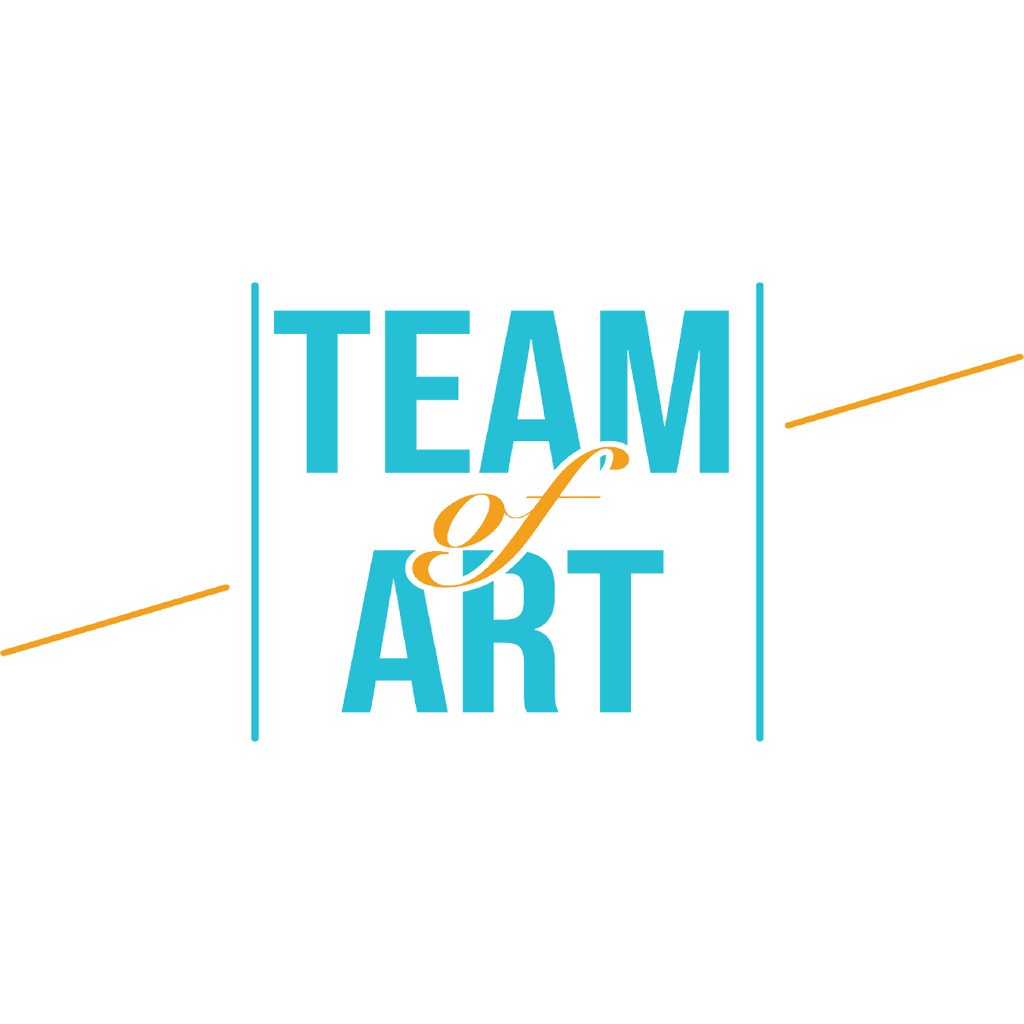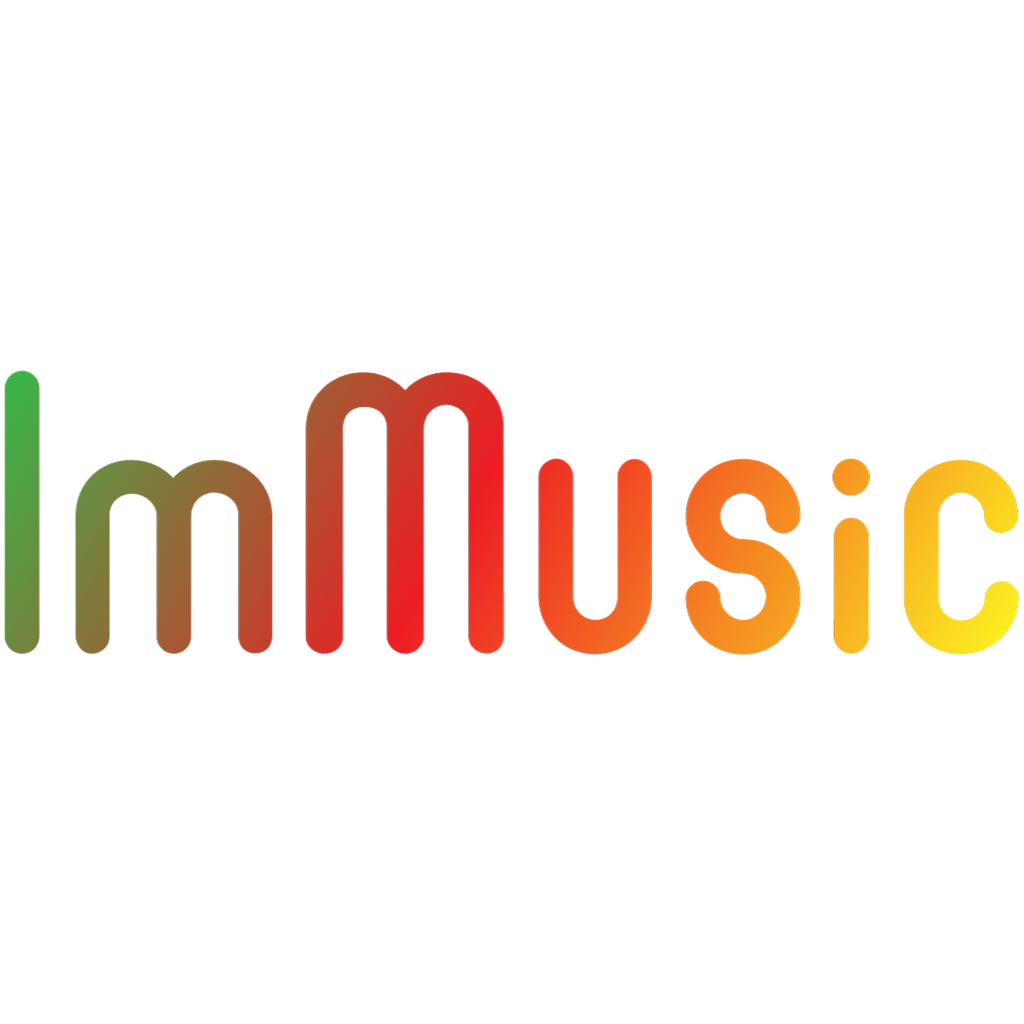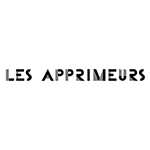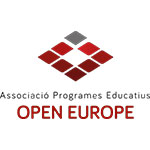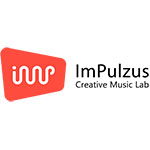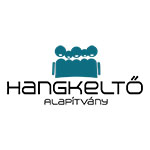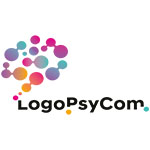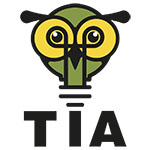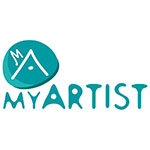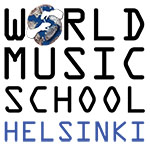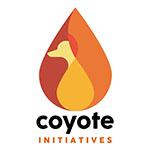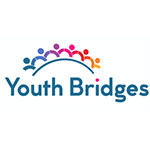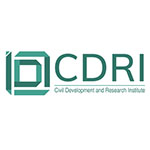Programmes
Erasmus+ is the EU’s programme to support education, training, youth and sport in Europe.
The aim of Erasmus+ is to contribute to the Europe 2020 strategy for growth, jobs, social equity and inclusion, as well as the aims of ET2020, the EU’s strategic framework for education and training.
Erasmus+ also aims to promote the sustainable development of its partners in the field of higher education, and contribute to achieving the objectives of the EU Youth Strategy.
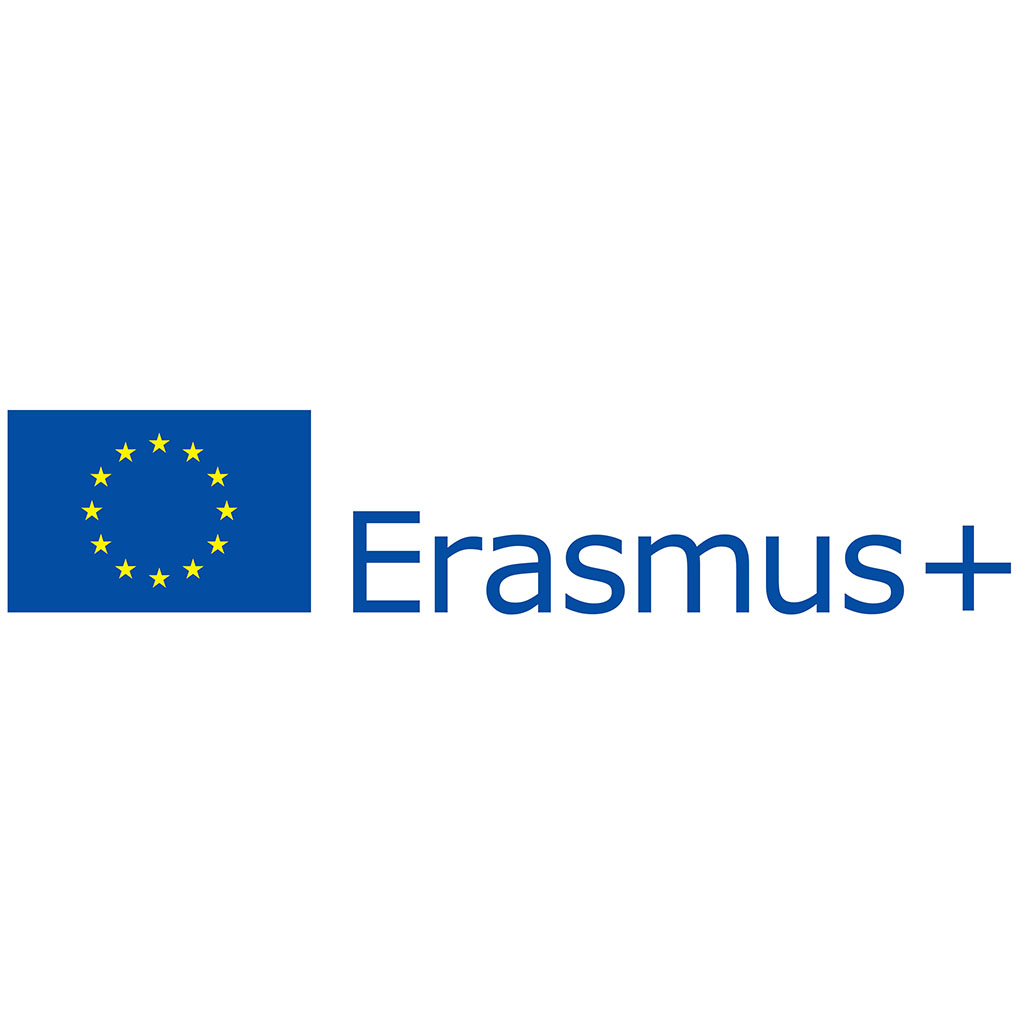
Erasmus for Young Entrepreneurs is a cross-border exchange programme which gives new or aspiring entrepreneurs the chance to learn from experienced entrepreneurs running small businesses in other Participating Countries.
The exchange of experience takes place during a stay with the experienced entrepreneur, which helps the new entrepreneur acquire the skills needed to run a small firm. The host benefits from fresh perspectives on his/her business and gets the opportunities to cooperate with foreign partners or learn about new markets.
Erasmus+ supports traineeships (work placements, internships, etc) abroad for students currently enrolled in higher education institutions in Programme countries at Bachelor and Master level as well as for doctoral candidates. These opportunities are also open to recent graduates.
By doing a traineeship abroad with Erasmus+, you can improve not only your communication, language and inter-cultural skills, but also soft skills highly valued by future employers, as well as become more entrepreneurial.

Internship
Since 2017, microkosmos has been accepting students from the University of Turin, specifically from the Departments of Philology, Media, Tourism, etc., in order to conduct an internship:
• in the management of the organization’s social media (Social Media Manager Assistant);
• in writing European Programs (Erasmus + KA1, KA2) (European Projects Assistant Writer);
• in the coordination and management of European Programs (Erasmus + KA1, KA2) (Project Manager Asssistant);
• in the organization of cultural events and training seminars;
• editing texts in the organization’s publishing house.
Approved programmes
DEEP Learning
2022-1-BE01-KA220-SCH-000085576
The DEEP Learning project brings innovative insights to the teaching process, providing new approaches for addressing the several target groups. Improved practices are used to provide for the needs of target groups, promoting the inclusion of students with educational difficulties and other disabilities. DEEP Learning will support digital transformation of primary and secondary schools, increasing the capacity of these institutions to move forward in the new digital era. Our main goal is to create active learning opportunities in formal and non-formal education institutions, through the use of innovative learning approaches.
EUth Voices for Social Change
2022-1-ES02-KA210-YOU-000083554
The “EUth Voices for Social Change” projects aims to instill in participants a sense of power to be visible and heard not just locally or nationally, but also at the European level, as active members of a larger and worldwide community.
Project’s objectives:
To empower youth
To educate youngsters
Τo increase young people’s sense of initiative
Τo raise awarenesss
CeNEET
101051404-CeNEET-ERASMUS-YOUTH-2021-YOUTH-TOG-LOT1
CeNEET, is the acronym of “Circular Economy as an employability tool for NEET population’’, which is an Erasmus+ Key Action 3, European Youth Together project funded by the European Education and Culture Executive Agency (EACEA) of the European Commission.
The aim of the project is to encourage and equip NEET people (not in education, employment or training) to seize the opportunities of the circular economy and related practices of re-use, repair, up-cycling etc. in order not only to find employment but also to become active in environmentally sustainable work practices and opportunities that will open up in their countries the next years. The main project’s objective is to support and promote green skills to NEET populations in order to help them accumulate in the work market with a green and environmentally friendly mindset.
CURABILITY
2021-1-ES01-KA220-ADU-000030420
Access to cultural heritage is not only a basic human right, but also a fundamental strategy for enhancing and promoting cultural heritage. Cultural heritage accessibility for all is a multidisciplinary field that is not widely taught in the different European curricula. It is relevant to fields such as museology, special education, pedagogy, cultural heritage interpretation, archaeology, history, art, architecture, inclusive and universal design, and ICT. Most of them are separate disciplines that should work hand in hand when it comes to accessibility from cultural heritage, but they mostly work in isolation and do not have a common teaching practise for the needs of people with disabilities. As a result, professionals who take jobs in museums and galleries are not equipped with the knowledge and experience to make their environments more engaging and accessible.
WE ARE COLOURFUL
2021-1-LT01-KA220-SCH-000032445
The current complex and diverse reality in European schools in terms of students’ cultural background, economic status and social inequalities opens up a whole new field of study to address diversity, inclusion and children’s background (in every sense) during schooling. Many schools have identified a lack of knowledge about the cognitive, social and emotional development process among their professionals.
The WE ARE COLOURFUL project focuses on preventing, identifying and reducing the problems that arise in classrooms due to differences between students.
Throughout the project, partners will be focusing on 4 independent but interacting categories of discriminating dimensions:
- Neurodevelopmental disorders
- Learning processes and styles
- Cultural diversity
- Social inequality
TRIED and TRUE
2021-1-FR01-KA220-ADU-000033577
The specific objectives are to:
- Develop the capacity of educators, trainers, integration advisers in the six partner countries by exchanging good practices through the promotion of skills acquired in mobility, with the involvement of companies in mobility and through their support for the public after their Erasmus + experience, or any else international experience.
- Reinforce the skills, training and mentoring competences of adult educators, trainers, social counsellors and tutors to boost vocational and social inclusion of their public, by developing a Guide of Good Practices.
- Improve adult learners access to the labor market by enhancing and capitalizing on their new soft, vocational, intercultural, language skills, acquired during their mobility. By meeting others learners and organizations who are involved in the field of mentoring NEET and jobseekers.
- Raise awareness of the labour market, the companies involved, international experience, the benefits and to promote the Erasmus+ programme to the business world. 5- Create a network of professionals in the field of formal and non-formal education who work with this target group and/or on Erasmus + mobility. These objectives match with the priorities published by the 2021 Program Guide with, the priority to promote an even more inclusive Erasmus +.
Stories4ALL
2021-1-EL01-KA210-SCH-000031465
Stories4ALL aims to support the educational community (students, teachers, and families) to explore alternative learning pathways that focus on the development and flourishing of creativity and digital skills, as well as the social inclusion of students with visual impairments (VI). In addition, the project aims to strengthen the sense of solidarity and active citizenship for the entire educational community and the broader public. The project will achieve its goals by combining elements of inclusion, creativity, and digital technologies such as image design/editing, digital story creation tools, and 3D printing.
TEAM of ART
2020-1-FR01-KA204-080483
The inclusion of disadvantaged audiences remains a major challenge for the museum sector. Inclusion starts with the question of accessibility. This does not stop at the accessibility of the buildings and the adaptation of visits for disabled visitors. It also involves the presentation of the content and with the development of online museum offers, digital devices and adapted settings which can prove to be a tremendous asset for people who have little or no access to culture, if done inclusively. For those with reading difficulties, for people with DYS (dyslexia), learning disabilities, visual, hearing or intellectual disabilities, artworks are still difficult to access.
Team of Art proposes to accompany these audiences in their discovery of artworks through a scripted presentation, in the form of a linear narrative, with a level of language which is easy to read and understand.
Impulsive Music Activities to Promote Intercultural Relations
2019-1-HU01-KA205-060687
Main goal:
to offer impulsive and innovative music activities for young people to improve their skills and competences
Main characteristics:
Interprofessional cooperation between musicians and youth workers
Intercultural activities for young people’s communities
International communication through music
